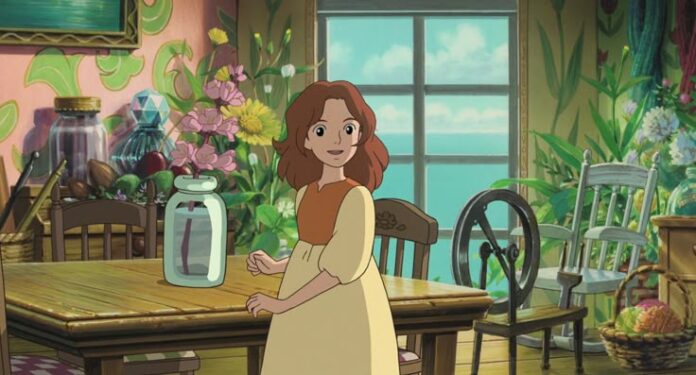The Ghibli tsunami that swept over the internet just a few days thanks to OpenAI’s new Image Generator, has now landed the company in multiple controversies. OpenAI has now become the center of a heated ethical debate after ChatGPT helped millions of users create Ghibli Studio-like personal images. The trend has successfully sparked copyright controversy. It has raised questions on whether AI should be allowed to copy an artist’s style without their permission. If you are someone who wants to know the full story about the debate, this article is for you. It brings you everything you need to know about OpenAI’s ChatGPT image generator, sparking ethical debate.
OpenAI’s ChatGPT Image Generator Sparks Ethical Debate
The Ghibli Image Trend
The internet was flooded with AI-generated personal Ghibli images earlier this week as millions of users participated in the Ghibli image trend. The Ghibli tsunami totally swept off social media with people posting Ghibli-fied versions of their own photos, popular memes, and public figures. OpenAI’s chief, Sam Altman, also joined the trend creating Ghibli images of himself and even adding it as his profile picture on X. The White House’s official account on X also shared a Ghibli-fied image of a woman arrested by ICE for illegally entering the US.
Copyright Controversy
What started as a little wholesome trend quickly took a sharp turn when the anime lovers around the world started criticising it. Internet users started calling the AI-generated Ghibli-style images calling it a direct copyright infringement of Ghibli Studios’ art style. Uses took over X, explaining how Hayao Miyazaki’s exclusive hand-drawn animation takes years of hard work. Years ago, in an interview, Hayao Miyazaki called AI-generated art an insult to life itself. Many users think the Ghibli image trend is a direct reference to him and his artwork.
Also read: Trump Fires National Security Officials After Meeting With Laura Loomer
OpenAI’s Reaction
OpenAI, in an official statement this Wednesday, announced that it is now going to start blocking requests for Ghibli-style images. The company said that it is going to take a conservative approach now. It is going to refuse to create images in the likeness of a living artist. A spokesperson from OpenAI revealed the company still allows users to generate images in “broader studio styles.” Savvy users still found a way of generating Ghibli-style images. OpenAI even decided it will now limit the number of images users of its free tier model could generate a day. Altman took over X and wrote that their servers are melting because of a significant surge in demand.
Privacy Concerns
Another rumor surrounding the viral Ghibli-style images trend surfaced on the internet when some users claimed reverse-engineering of these animated pictures is possible. This sparked major concerns over privacy and the security of personal data. The rumor was quickly denied by other users who stated that reverse-engineering of Ghibli images is highly unlikely. This is because the unfiltered picture is not inside the animated picture but only serves as a reference for the AI. However, many users still remained skeptical. Luiza Jarovsky, a privacy advocate, took over her X account and highlighted another issue.
Also read: Alexander Karp Net Worth: Find Out How Much The Palantir CEO Is Worth
She explained how, when people upload their images voluntarily they give their consent to OpenAI to process them. This ultimately allows OpenAI to legally use these images without the ‘legitimate interest’ balancing test required by GDPR regulations. This means that when an individual shares their images with the AI, it can actually store, process, or even use these images to improve the AI.
Environmental Concerns
According to what the environmentalists believe, creating a single Ghibli-style image consumes around 0.01- 0.1 kWh. It generates enough heat that it requires a tablespoon of water to cool it down. These stats might seem insignificant at first glance. However, imagine millions of people generating more than one AI image every minute. The higher the load on the servers, the more water they require to cool them down. This means it takes around 7,500 litres of water to cool down the OpenAI servers. This amount of water is enough for around 100 people using it for daily use. OpenAI’s ChatGPT image generator has sparked not only privacy concerns and copyright controversy but all environmental concerns that may have an effect on the long run.
Headache For OpenAI
OpenAI recently was in hot water when the famous Marvel actress Scarlett Johansson threatened to sue the company for copyright infringement. This was after the company launched its new voice chatbot feature that many said sounded like her. It is already facing problems from multiple sides, authors and artists in outrage over egregious IP theft. Despite the company blocking requests for Ghibli-style images, there is are high chances the wholesome trend will become another major headache for OpenAI.








